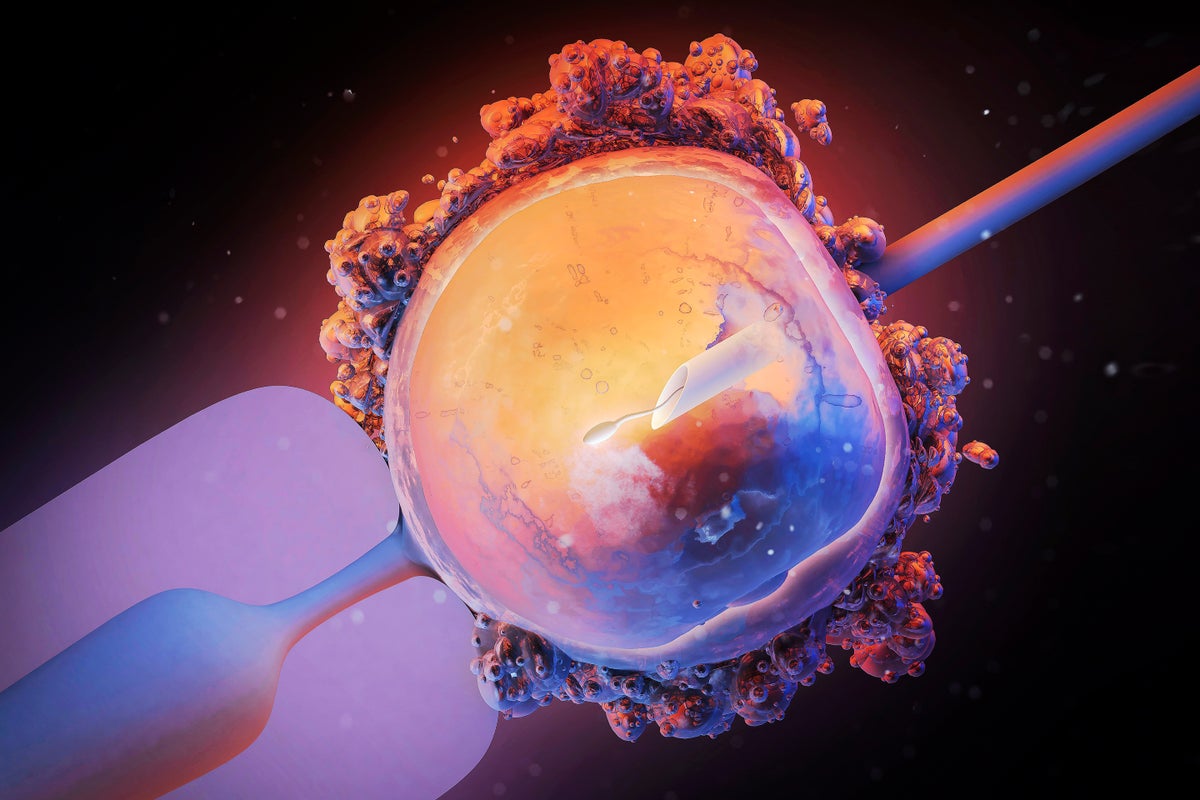
"Eight children in the United Kingdom are living healthy lives potentially due to a ground-breaking reproductive procedure using mitochondrial donation to prevent inherited diseases."
"Mitochondrial donation transfers the nucleus of fertilized eggs with faulty mitochondria into donor eggs with healthy mitochondria to prevent harmful mutations."
"The procedure, also known as three-person IVF, allows children to inherit nuclear DNA from their parents and mitochondrial DNA from a separate egg donor."
"In 2015, the UK became the first country to regulate mitochondrial donation, with Newcastle Fertility Centre being the only licensed clinic for this procedure."
Eight children in the UK are potentially thriving due to a reproductive technique known as mitochondrial donation, aimed at preventing hereditary diseases. This method transfers the nucleus from an egg with faulty mitochondria into a healthy donor egg, preventing harmful mutations. Dubbed three-person IVF, this process enables children to have DNA from both biological parents and the egg donor. The UK became the first nation to regulate this technique in 2015, with one licensed clinic, the Newcastle Fertility Centre, implementing it. Recent studies detail the progress of these efforts and the health of the children involved.
#mitochondrial-donation #reproductive-techniques #three-person-ivf #genetic-health #mitochondrial-disease-prevention
Read at www.nature.com
Unable to calculate read time
Collection
[
|
...
]